Chemistry

Educators and Parents, Sign Up for The Cheat Sheet
Weekly updates to help you use Science News Explores in the learning environment
Thank you for signing up!
There was a problem signing you up.
-
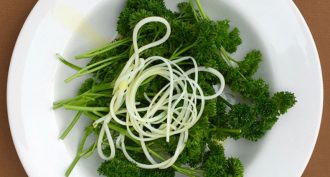 Chemistry
ChemistryOlive oil untangles plastic
Vegetable oils can make plastic fibers stronger. And the process is safer and better for the environment than other detanglers.
-
 Chemistry
ChemistryNew bendy device could power wearable electronics
A new device with lithium and silicon electrodes uses chemistry to generate electricity as it bends back and forth.
-
 Chemistry
ChemistryScientists Say: Solution
In math, this is just the answer to your problem. In chemistry, this word means something else entirely.
-
 Chemistry
ChemistryScientists Say: Base
Bases are chemicals that contain negatively charged chemical groups made from oxygen and hydrogen. They lend coffee its bitter flavor and have pH rankings higher than 7.0.
-
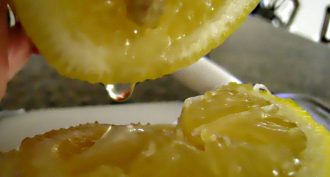 Chemistry
ChemistryScientists Say: Acid
When a chemical tastes sour, ranks below 7.0 on the pH scale and has many hydrogen ions in its solution, it gets a special name.
-
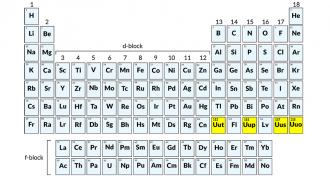 Chemistry
ChemistryNews Brief: 2016 brings four new elements
U.S., Russian and Japanese scientists have just been credited with official discoveries of elements 113, 115, 117 and 118. Next up: Naming them.
By Andrew Grant -
 Earth
EarthMystery ‘earmuffs’ sit deep inside Earth
Two vast blobs in Earth’s lower mantle could result from a “trainwreck” of ancient colliding tectonic plates.
By Beth Geiger -
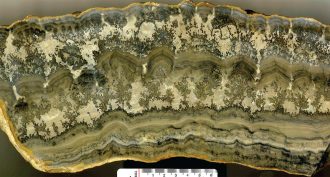 Earth
EarthRocks hold clues to ancient die-offs
Rocks that formed during ancient mass-extinction show that the oceans back then had become very warm. That was the last time Earth spewed carbon dioxide into its atmosphere at a rate similar to what is happening today.
-
 Chemistry
ChemistryScientists Say: Keratin
Keratin is a fibrous protein that gives our nails and hair their strength.
-
 Agriculture
AgricultureBuilding better, safer soils
Engineering safer soils for urban growers can reduce the risk of lead exposure and let low-income families enjoy more fresh fruits and vegetables.
-
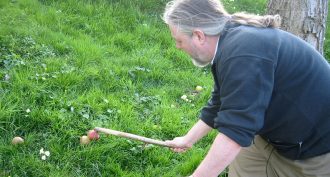 Chemistry
ChemistryScientists Say: Joule
A joule is the amount of work done when a force of one newton moves an object one meter. It’s also the energy required to produce one watt for one second.
-
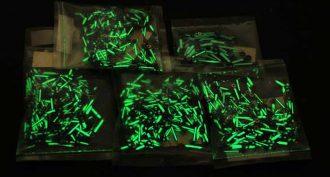 Chemistry
ChemistryScientists Say: Radioactive
Some atoms have unstable centers. They periodically give off energy. This activity has a special description.